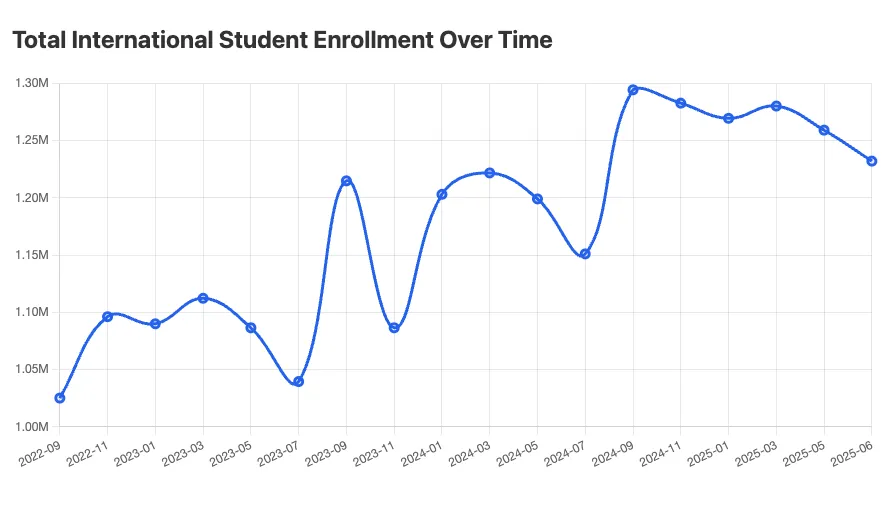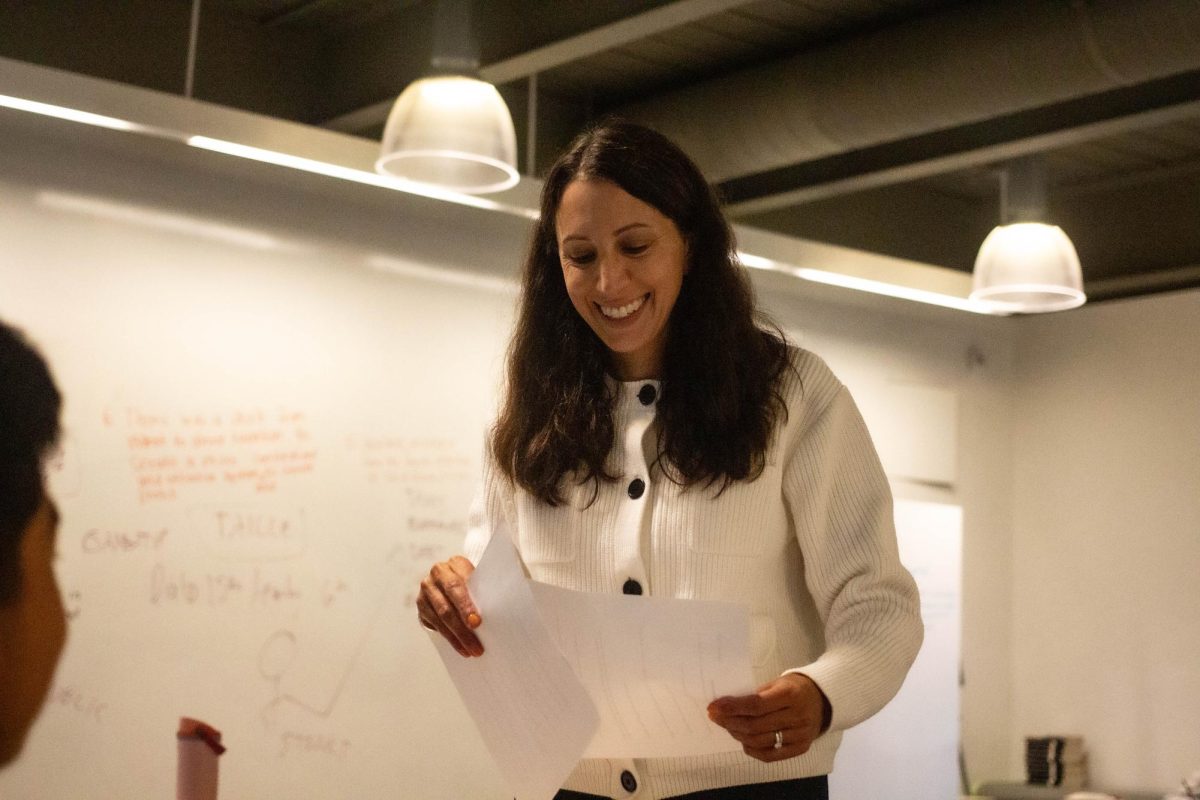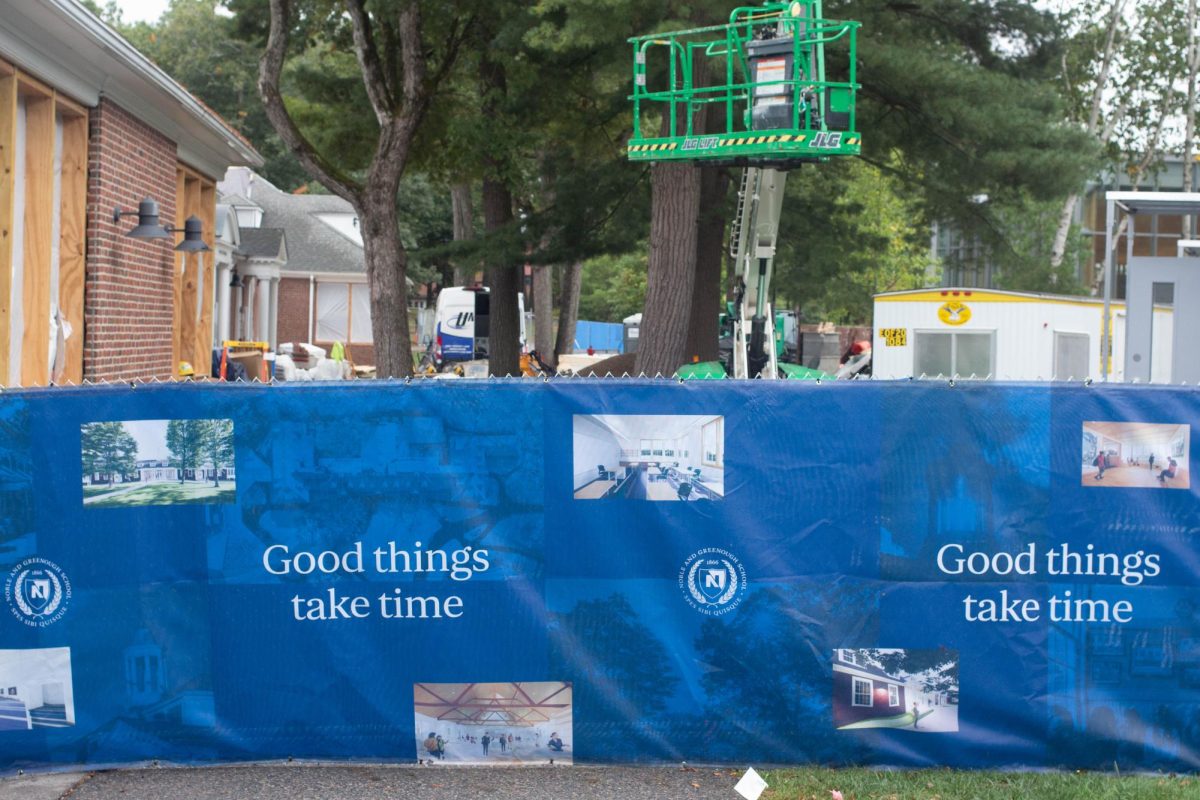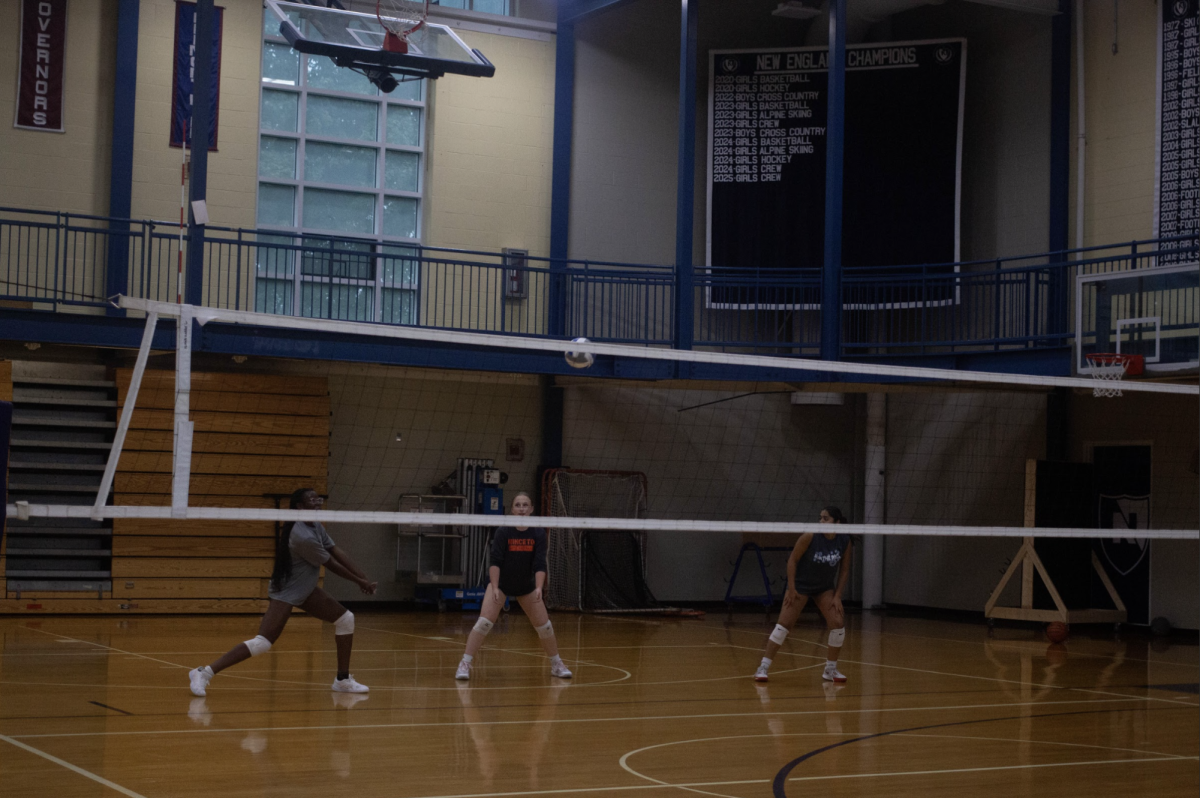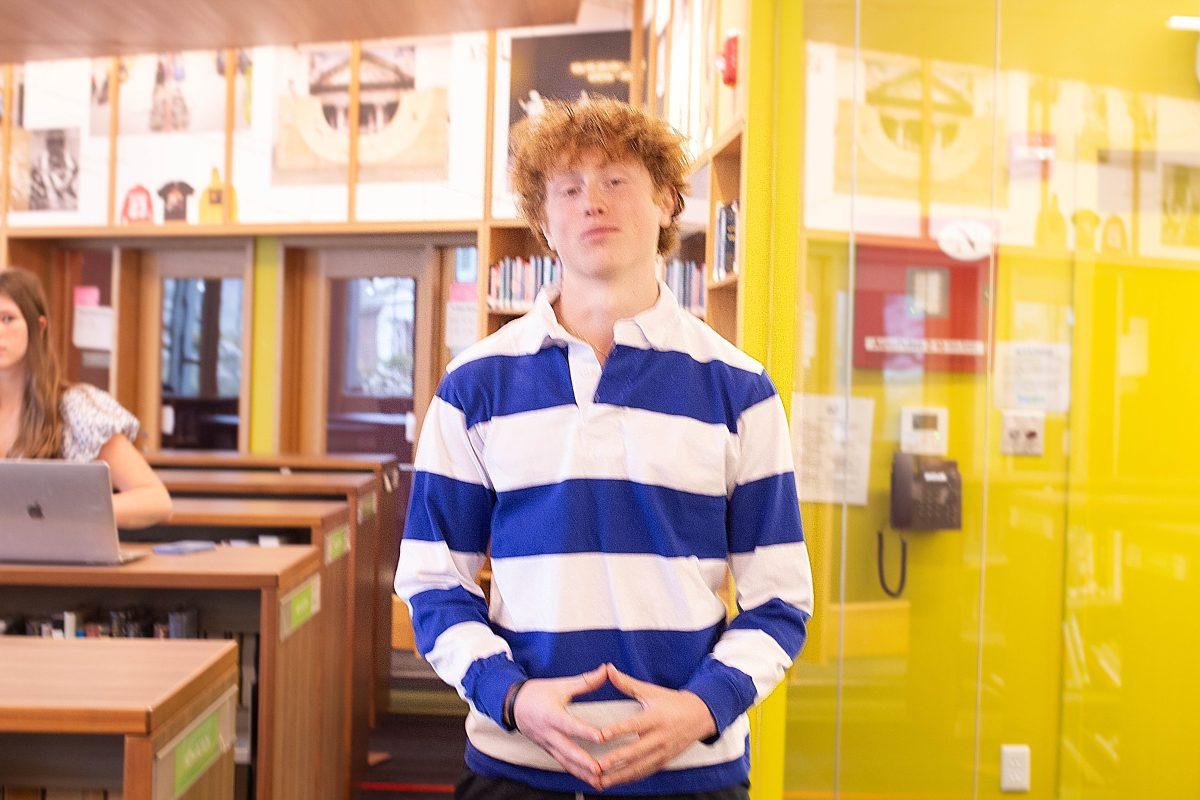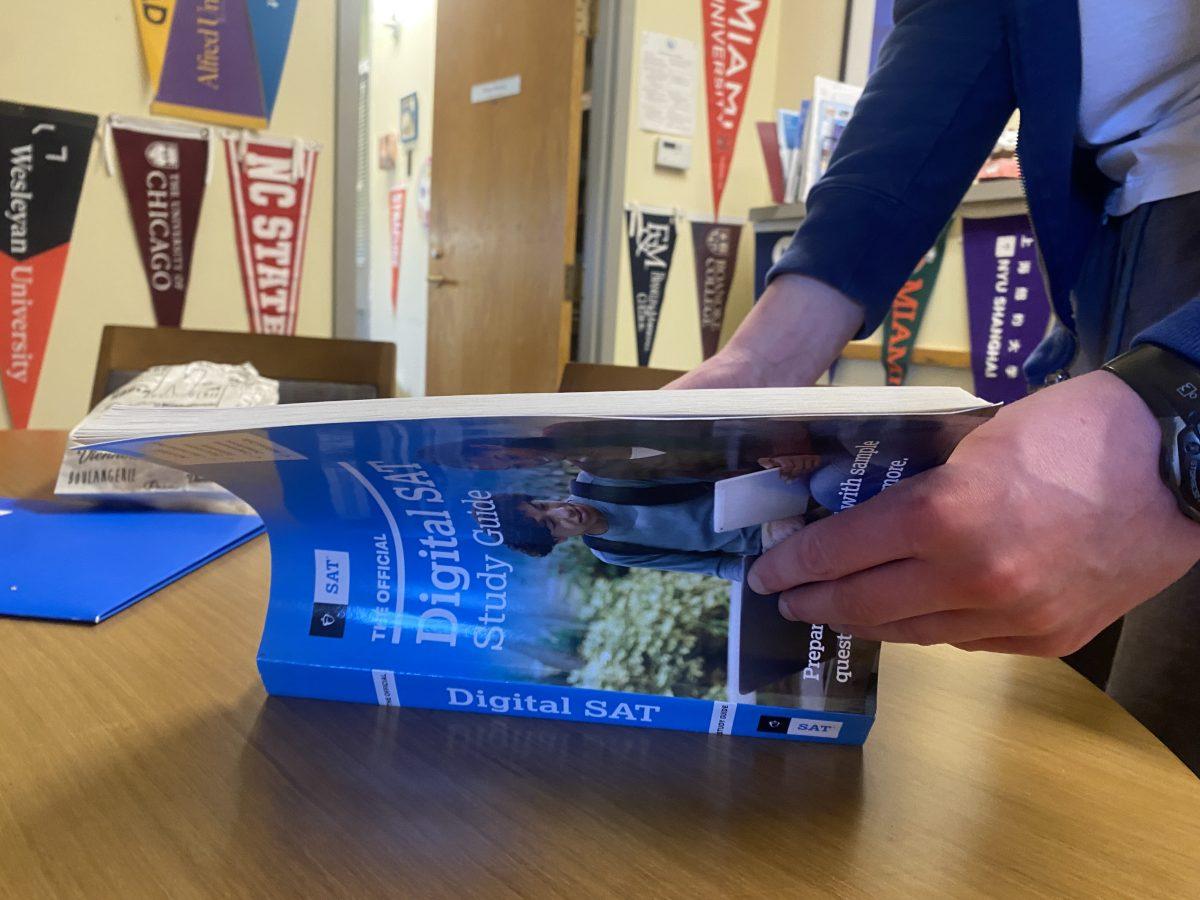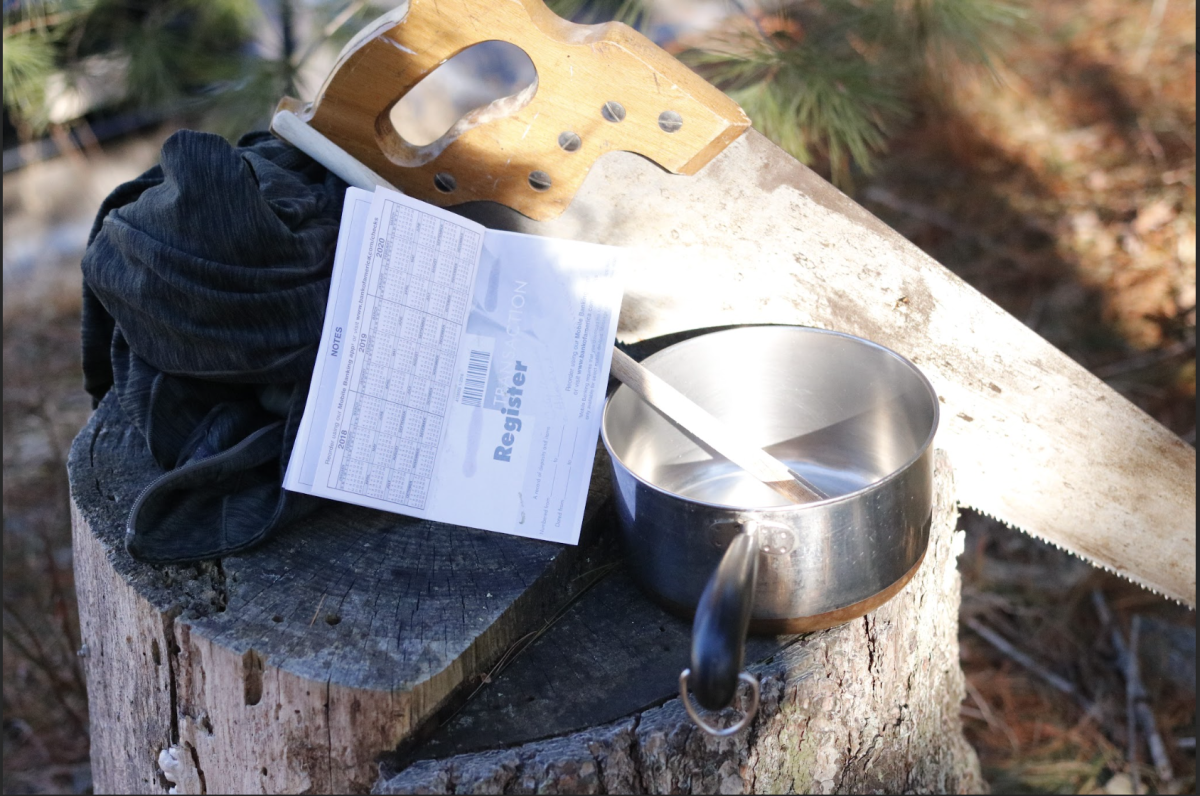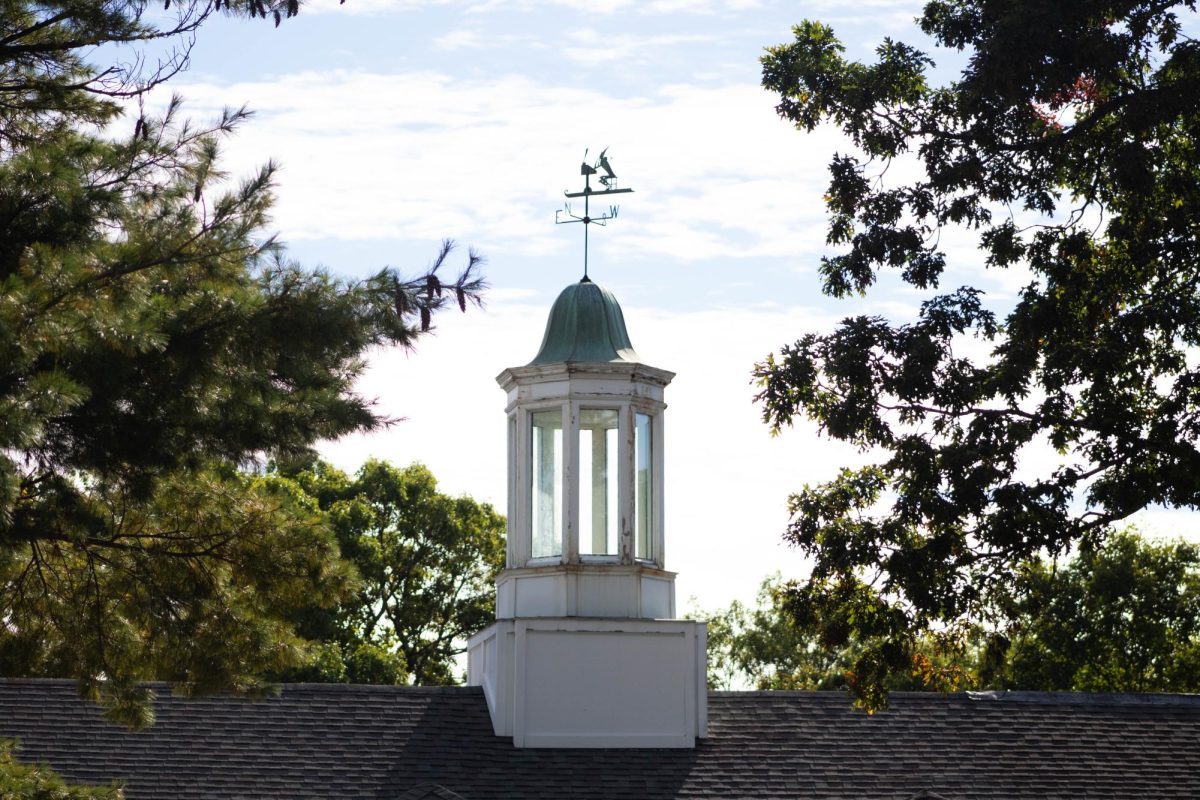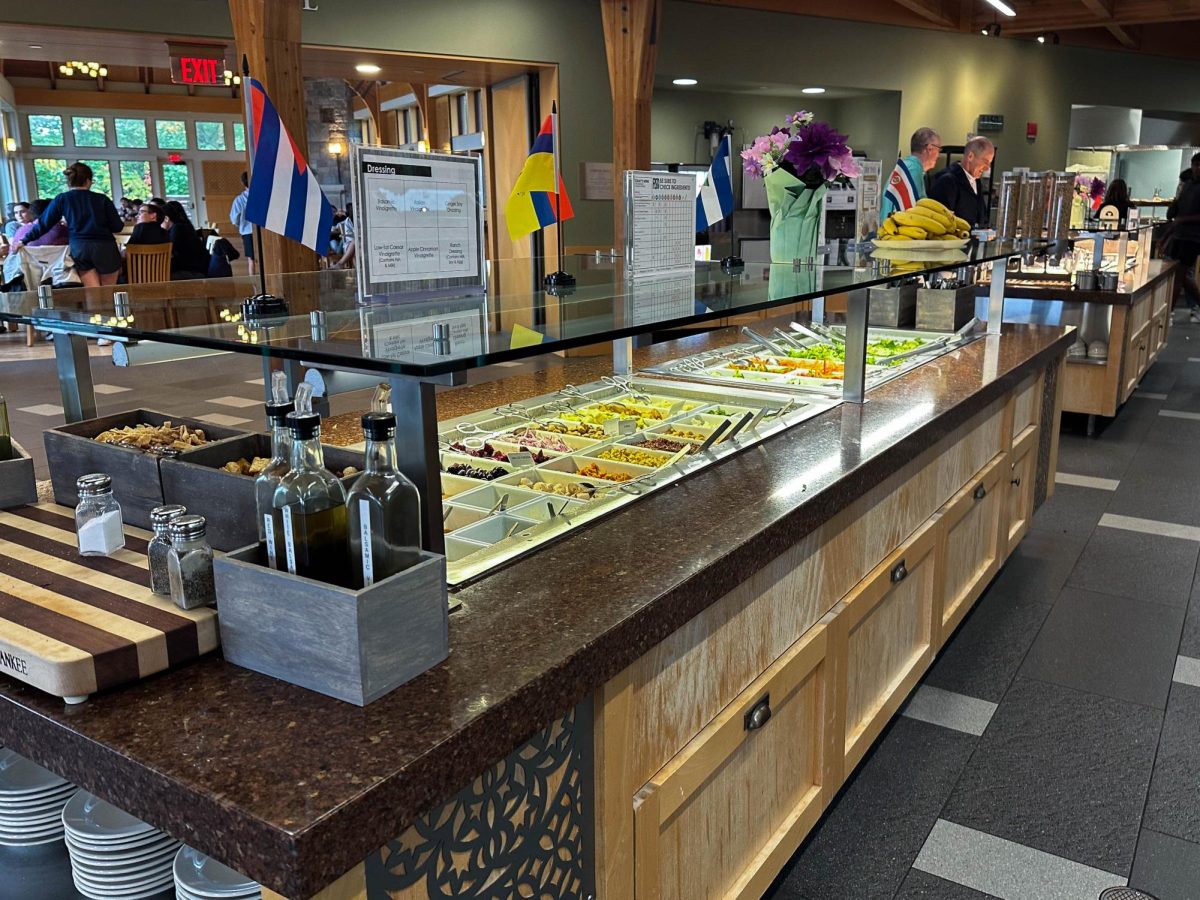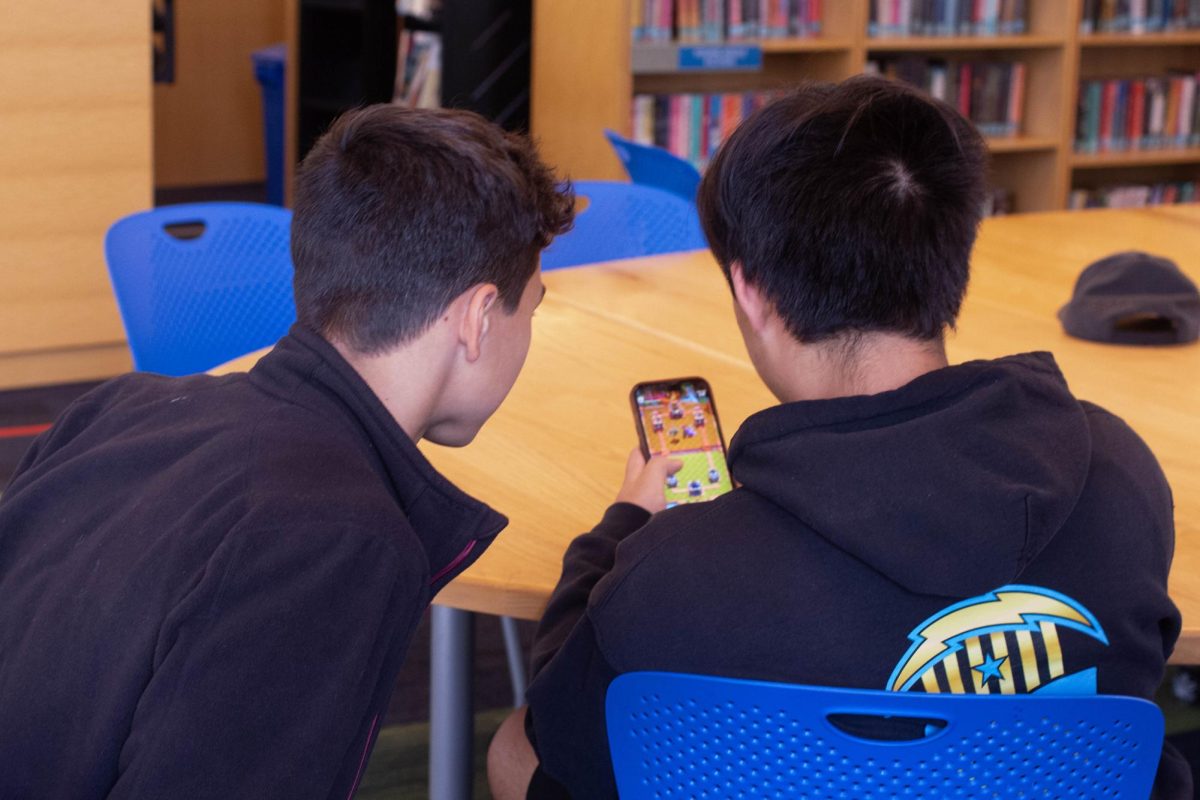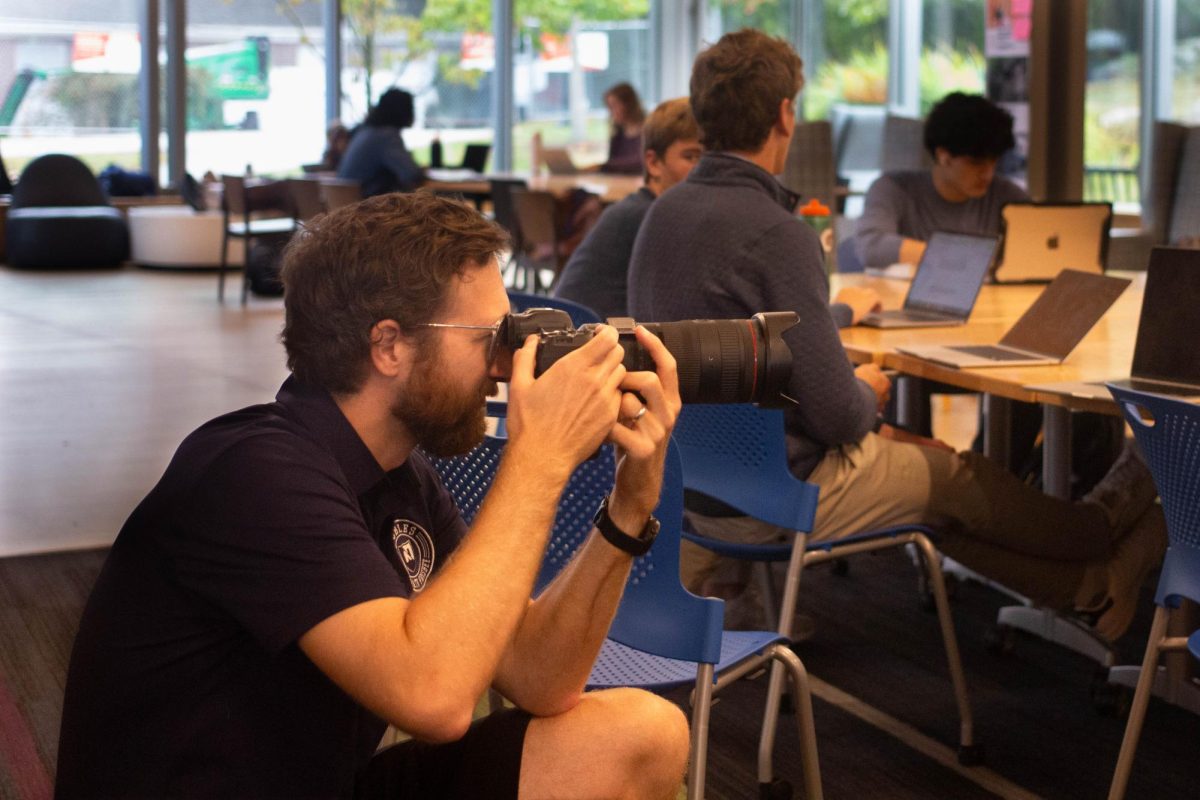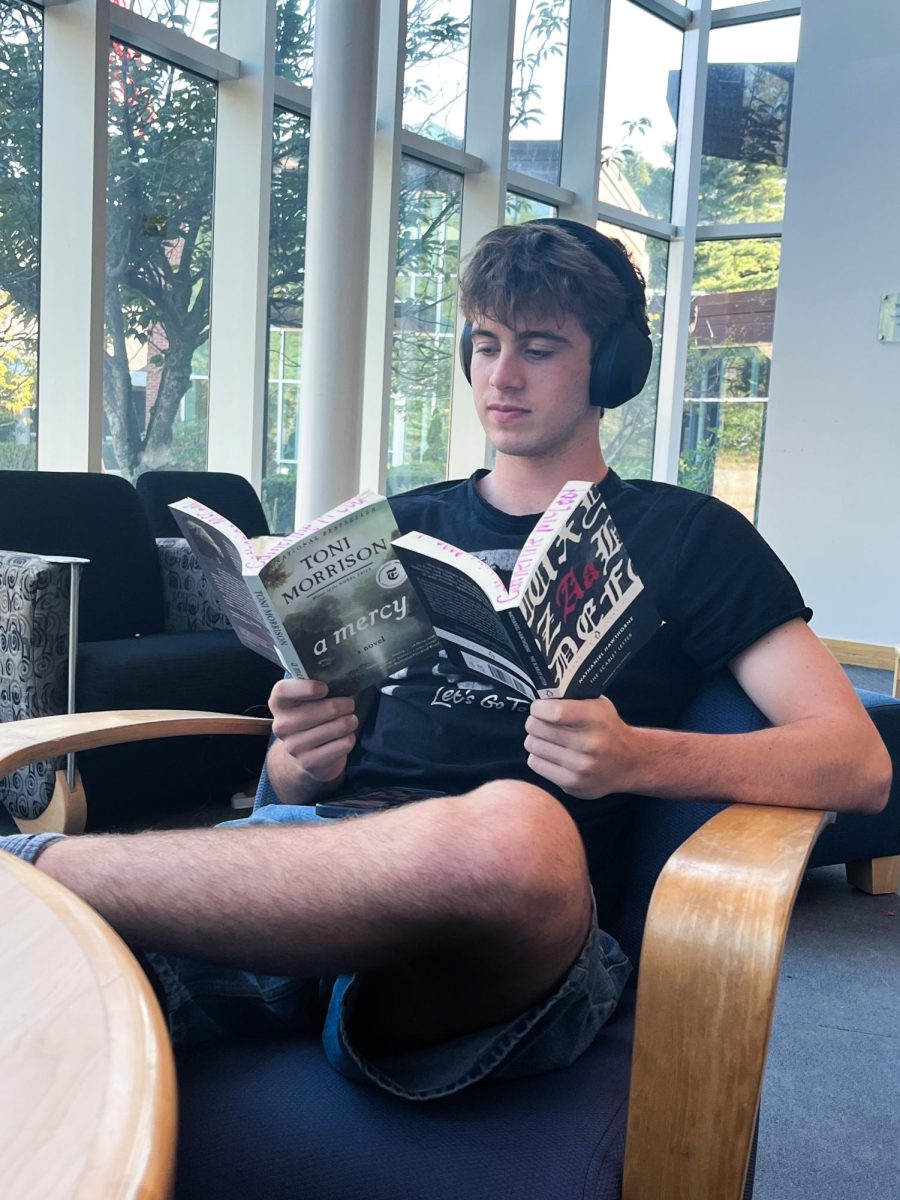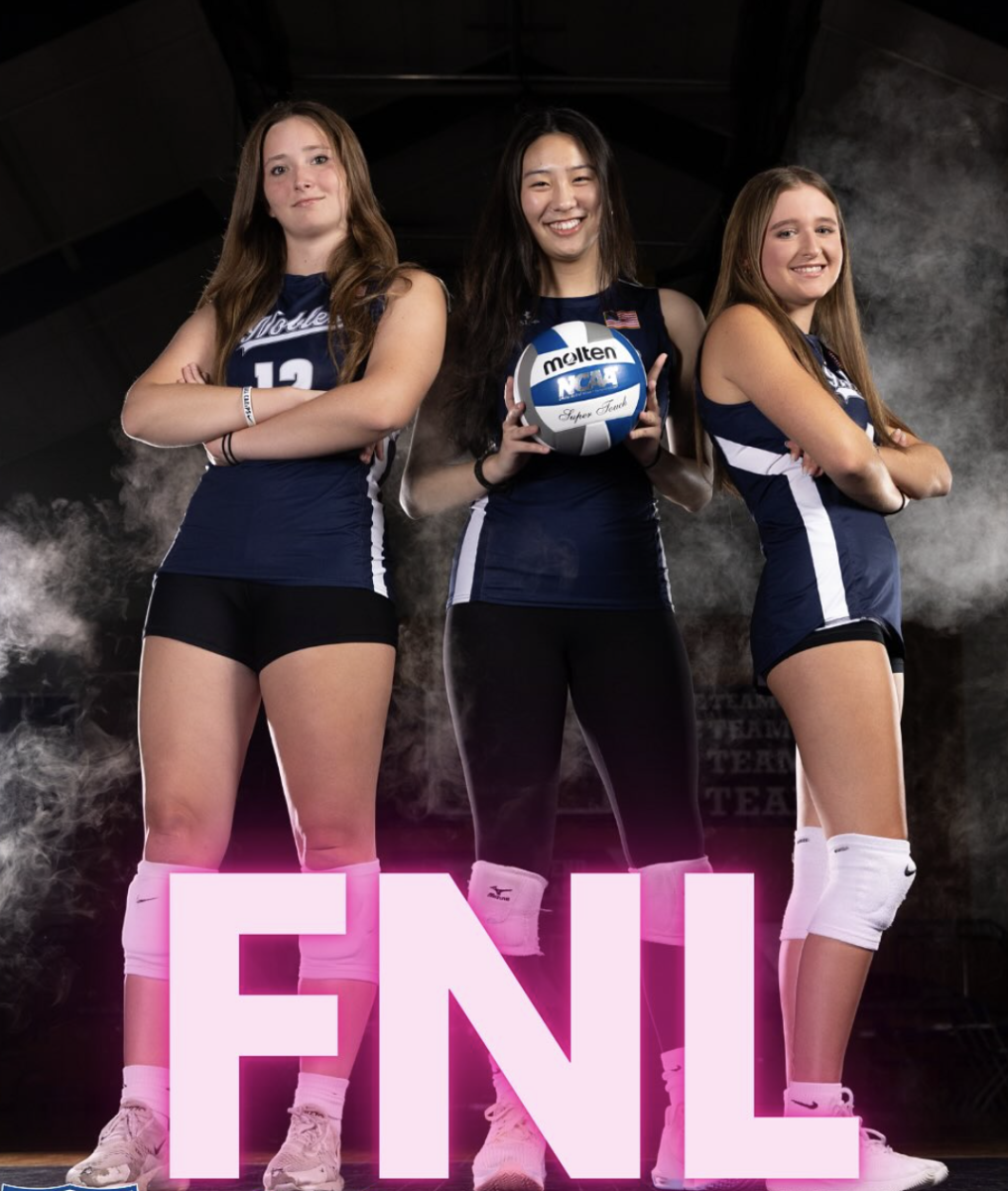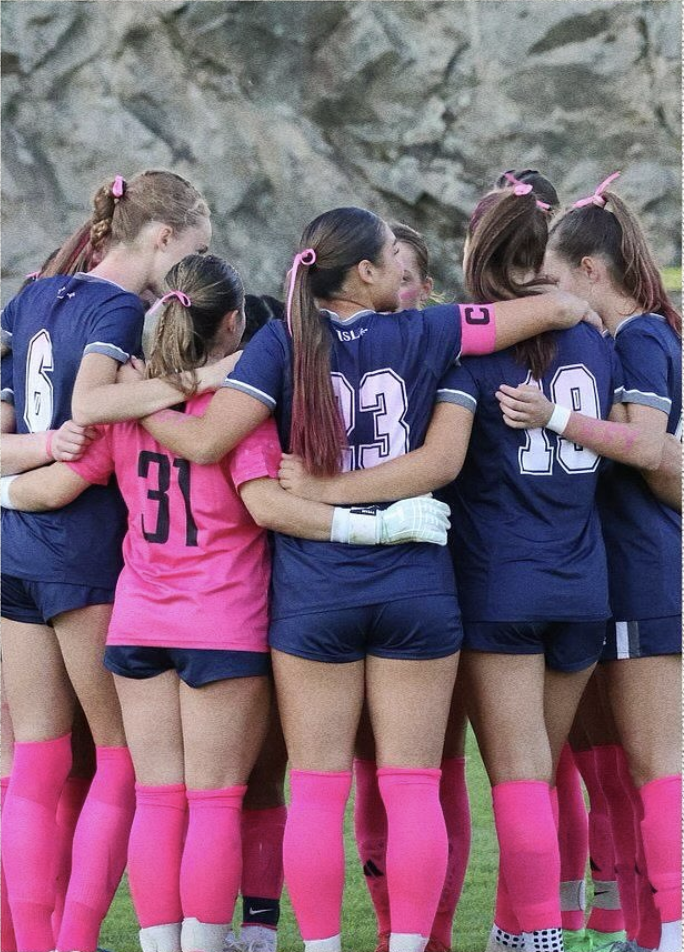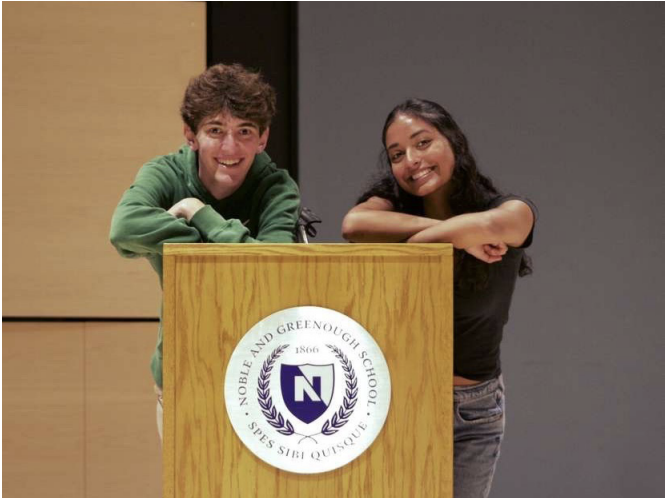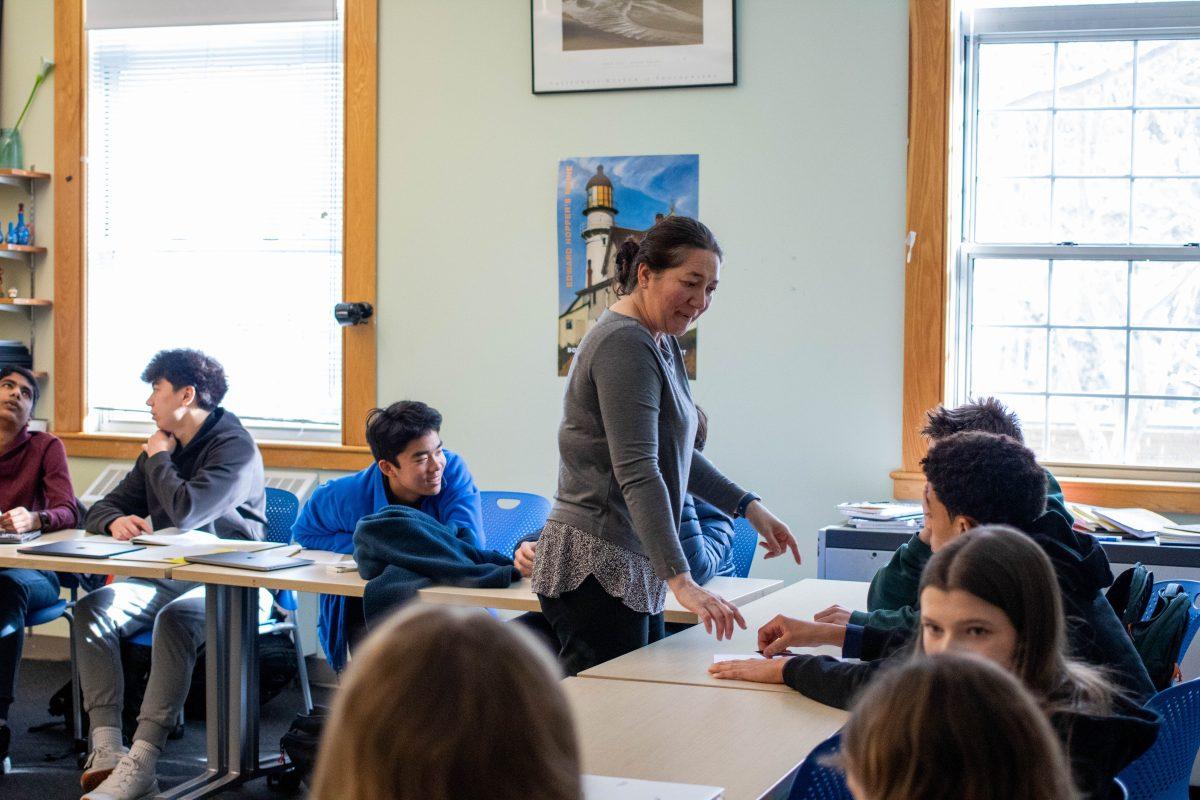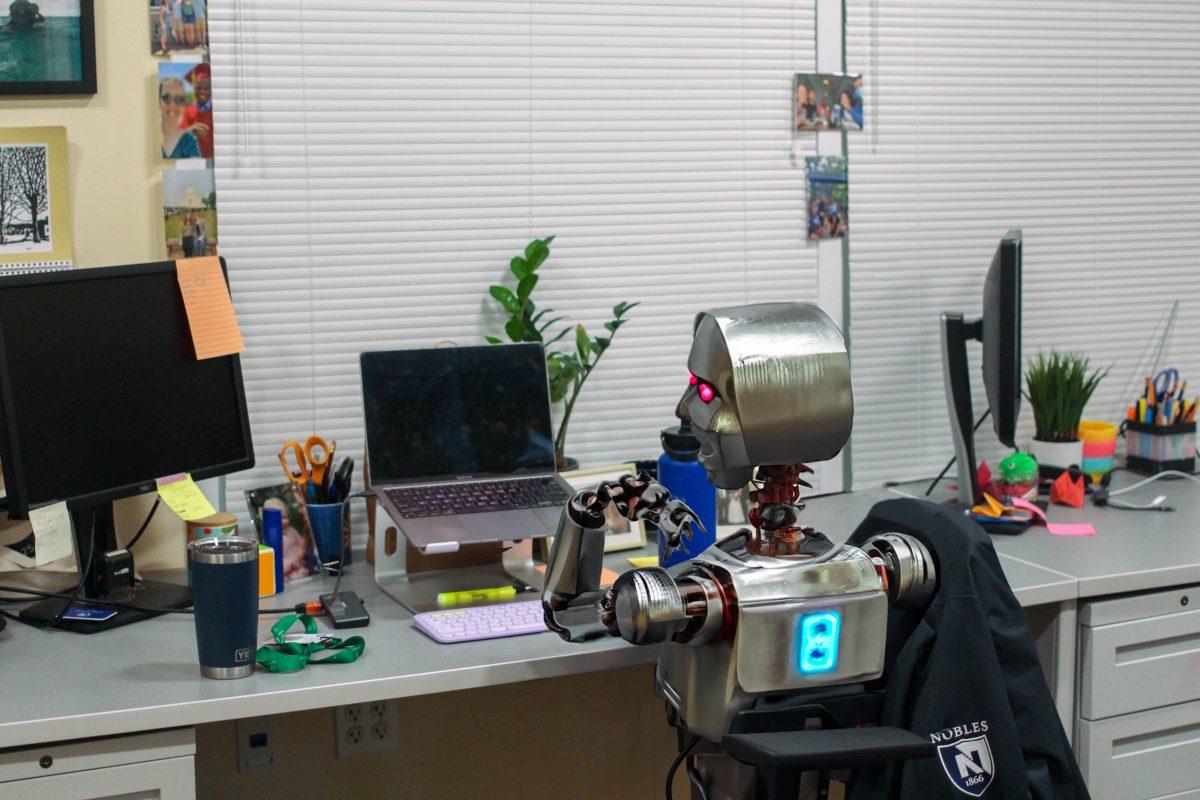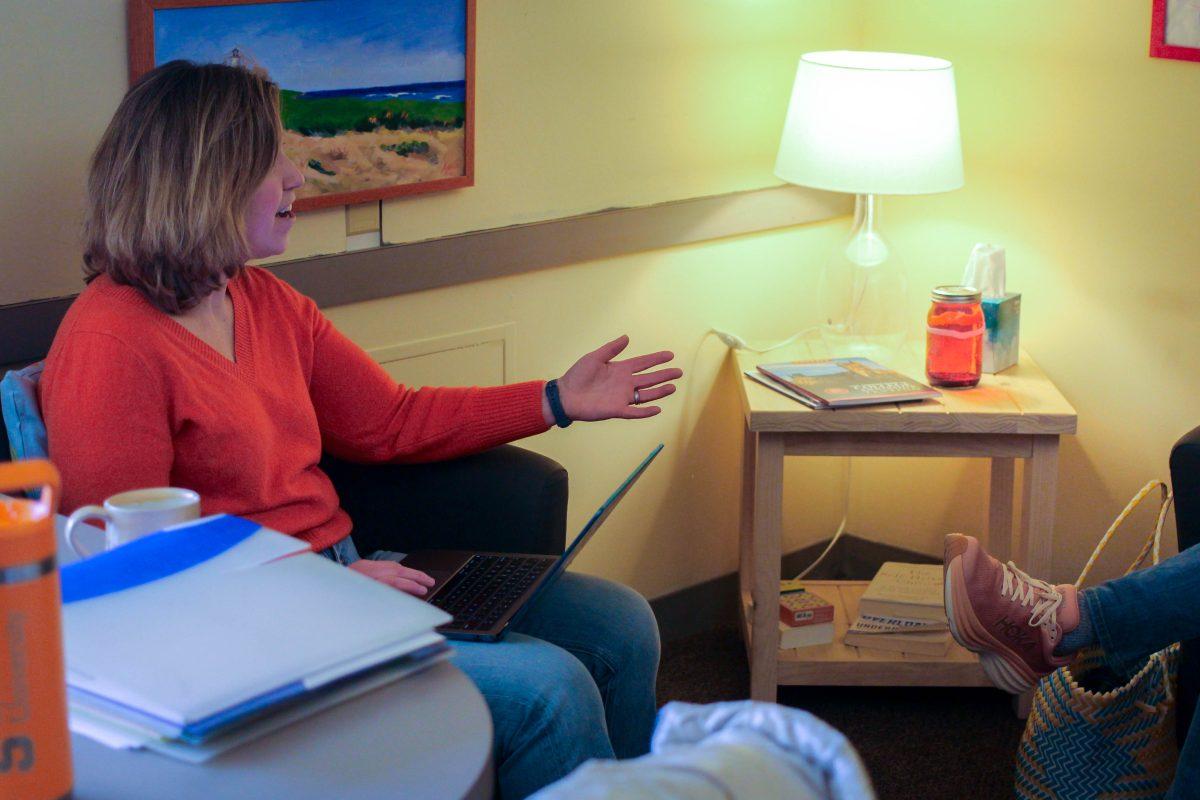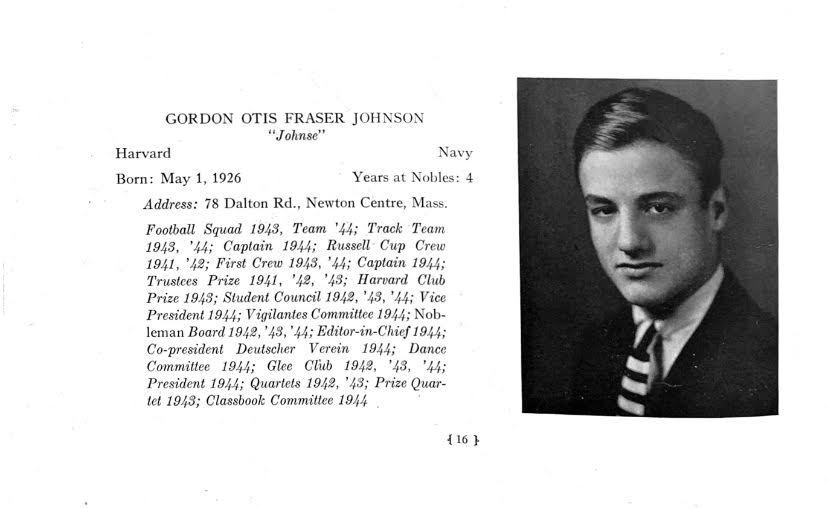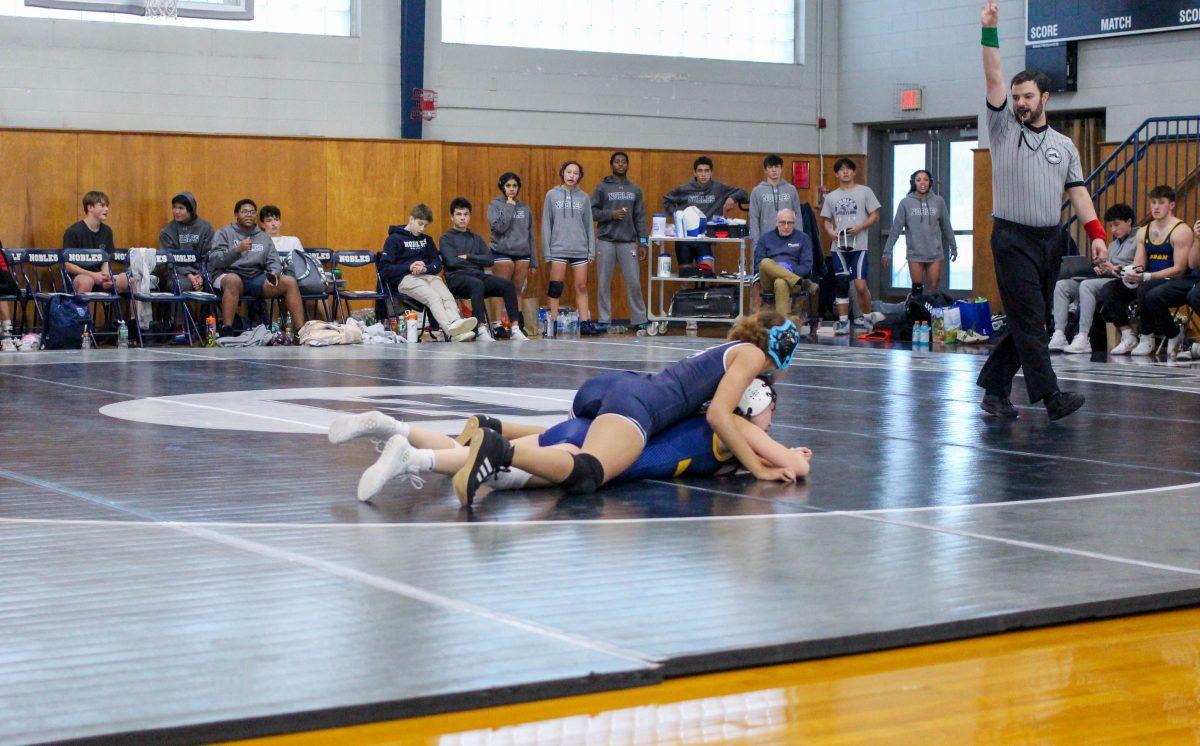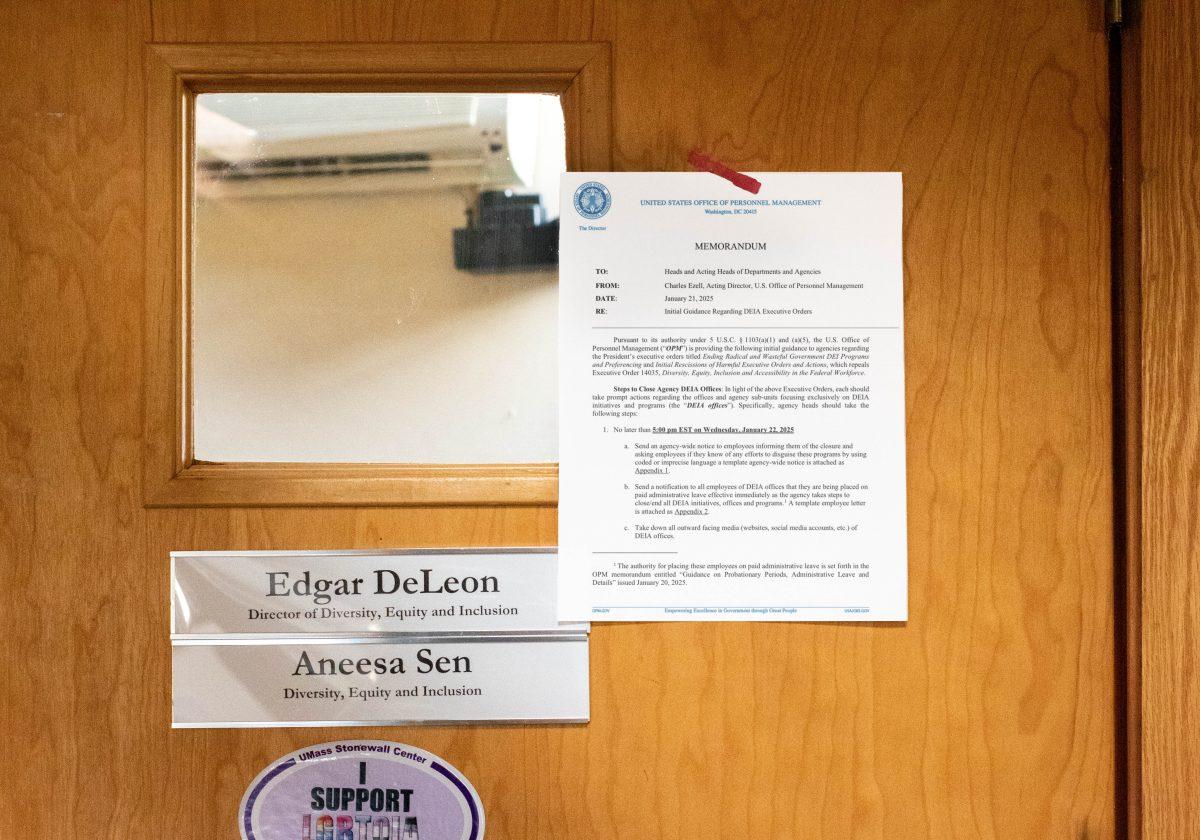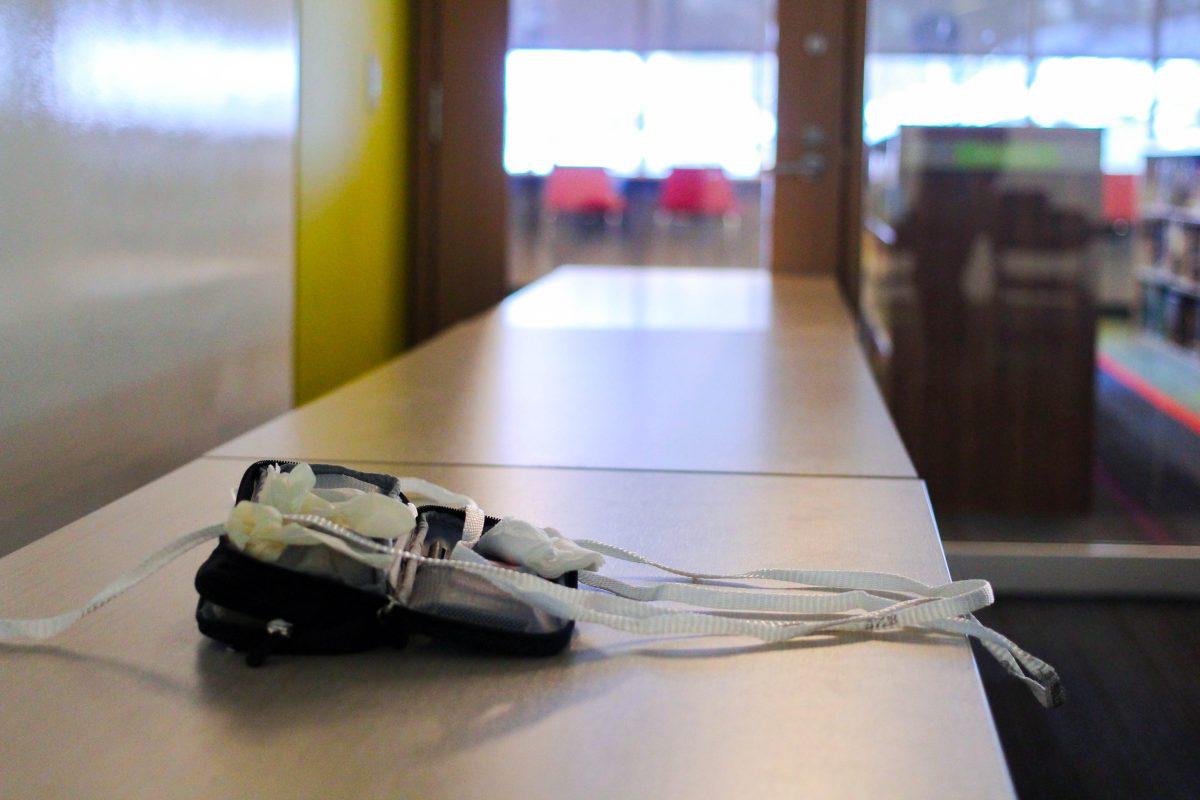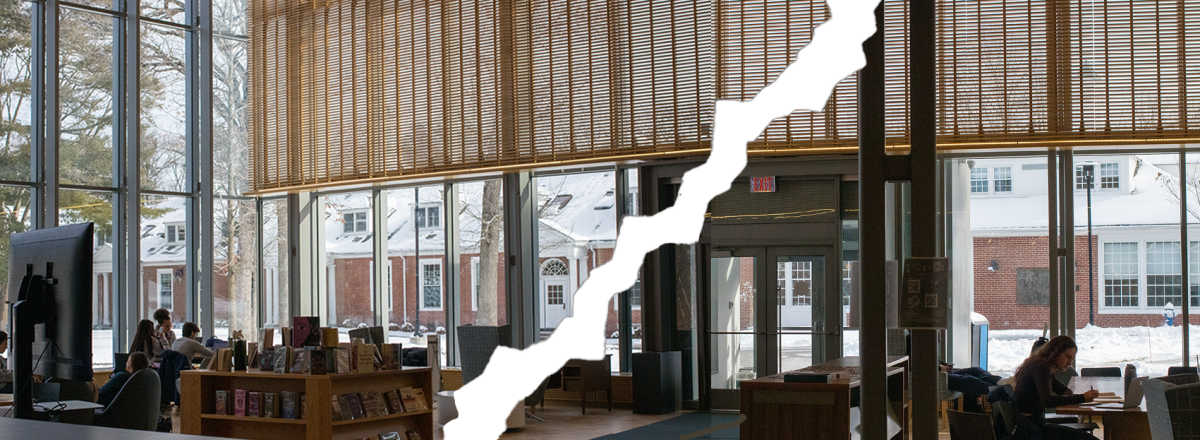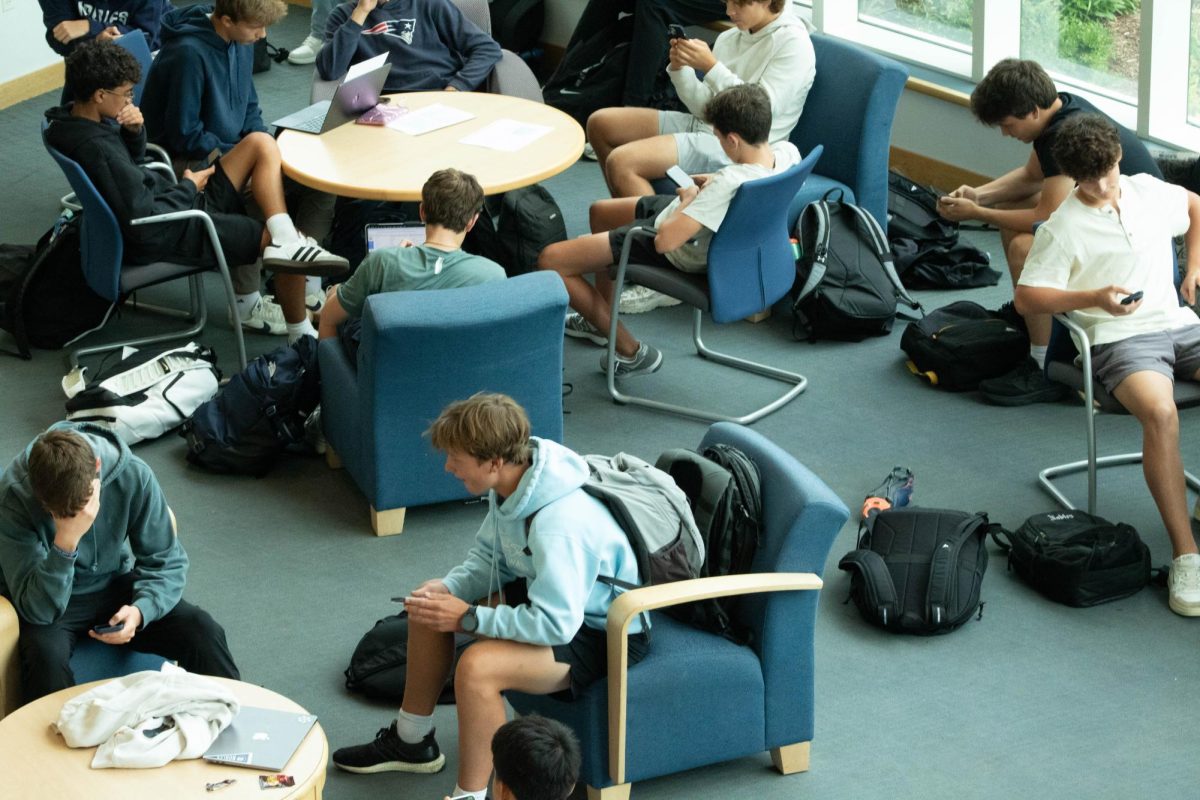Imagine this: you’re sitting in your freshman-year Spanish class learning the present tense conjugations for the first time. The person next to you, however, has been speaking Spanish since they were a toddler. How did this happen?
Heritage speakers often struggle with deciding between pursuing classes in their heritage language or trying something new and taking on another language at Nobles. For example, Jasmine Calmo-Betancourt (Class III), a heritage Spanish speaker, took French her freshman year at Nobles and then decided to switch to Spanish in her sophomore year. “At first I thought it would be pretty cool to know three languages instead of two. But[…]improving my Spanish had become more important to me so I wanted to switch,” Calmo-Betancourt said. Other students echoed those sentiments across different languages. “I chose to continue learning Mandarin at Nobles because I wanted to be closer to my culture and to better understand my family because Mandarin is a difficult language,” Kailynn Zheng (Class II), a heritage Mandarin speaker, said.
“I chose to continue learning Mandarin at Nobles because I wanted to be closer to my culture
and to better understand my family because
Mandarin is a difficult language.”
Because many heritage speakers choose to take their heritage language at Nobles, non-heritage speakers may sometimes feel disadvantaged due to a later start to their language or less immersion experience. However, heritage speakers often face many challenges both in and out of the language class that may not be as obvious on the surface. “It’s easy to be caught in your own bubble, where it is like, ‘Oh my gosh, this student has this advantage because they are so good at speaking Spanish.’ But maybe they didn’t even start learning English until they were older, and they’re writing the same history and English papers as you are and encountering their own struggles there,” Modern Language Chair Laura Yamartino said. Additionally, there are many benefits to having a diverse set of backgrounds and strengths within a certain language level. “Heritage speakers add to the tapestry of the class and help to create an environment with a nice exchange of knowledge. For example, a heritage student, who is likely a skilled speaker, can encourage others with speaking. Similarly, a student with an inherent understanding of language may not know certain grammar rules and that’s where peers can share what they have studied,” Modern Language Faculty Margaret Robertson said.
The Modern Language Department is also looking for ways to better support heritage speakers. For the 2025-2026 school year, the department will be offering a Heritage Spanish course. “The heritage Spanish course is going to be for incoming eighth, ninth, and 10th-grade students who are heritage speakers and want to focus on their skills and their needs,” Yamartino said when describing the new class. Yamartino also noted that the class, in its first year, will focus on flexibility and adapting to the needs of its students. “I think we’re going to learn a lot[…]and hopefully be able to structure the program going forward, but it’ll be really based on their needs and what they want to study and what they’re interested in,” Yamartino said.
“We do a really good job in the Language Department of teaching the students and not the class. We have a curriculum that we follow, but we may adapt
depending on where those students are and
what their needs are in any given year.”
The Modern Language Department works hard to ensure that all students, despite their backgrounds, are appropriately challenged and engaged with the material. Language courses at Nobles are designed to be adaptable based on the needs of the students in the class. “We do a really good job in the Language Department of teaching the students and not the class. We have a curriculum that we follow, but we may adapt depending on where those students are and what their needs are in any given year,” Robertson said. Additionally, the Modern Language Department ensures that students are challenged in various ways, accounting for some who have a strong background in one language area but may struggle more in other aspects of language proficiency.
Despite the intimidation, some non-heritage speakers may feel in classes with students who are continuing to pursue their native language, the diverse set of backgrounds can bolster the culture and learning experience for all students in the class. For many heritage speakers, choosing what language to take at Nobles is complex, and students must often choose between pursuing their native language and exploring new opportunities. In the coming years, the language department is looking to expand opportunities for heritage speakers through additional courses and flexibility within curriculums.

